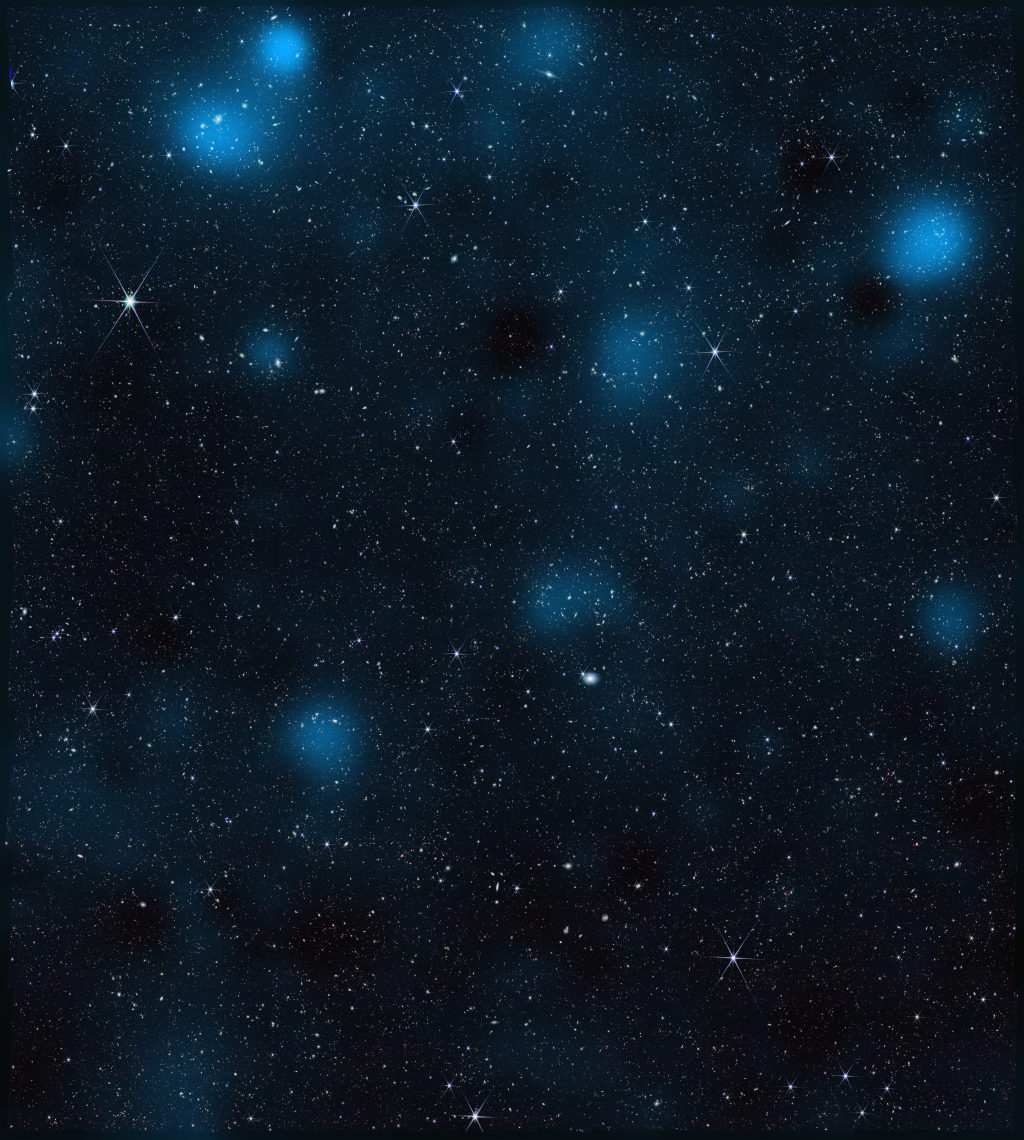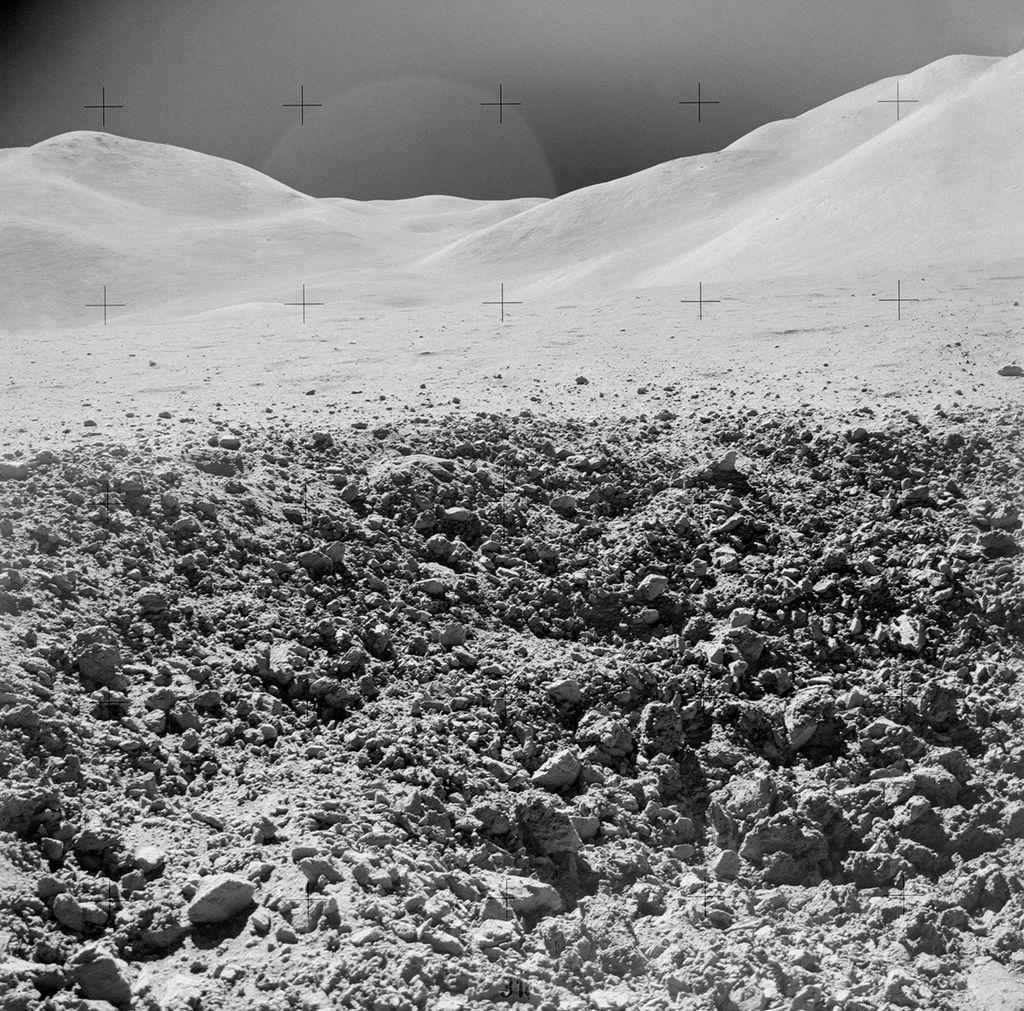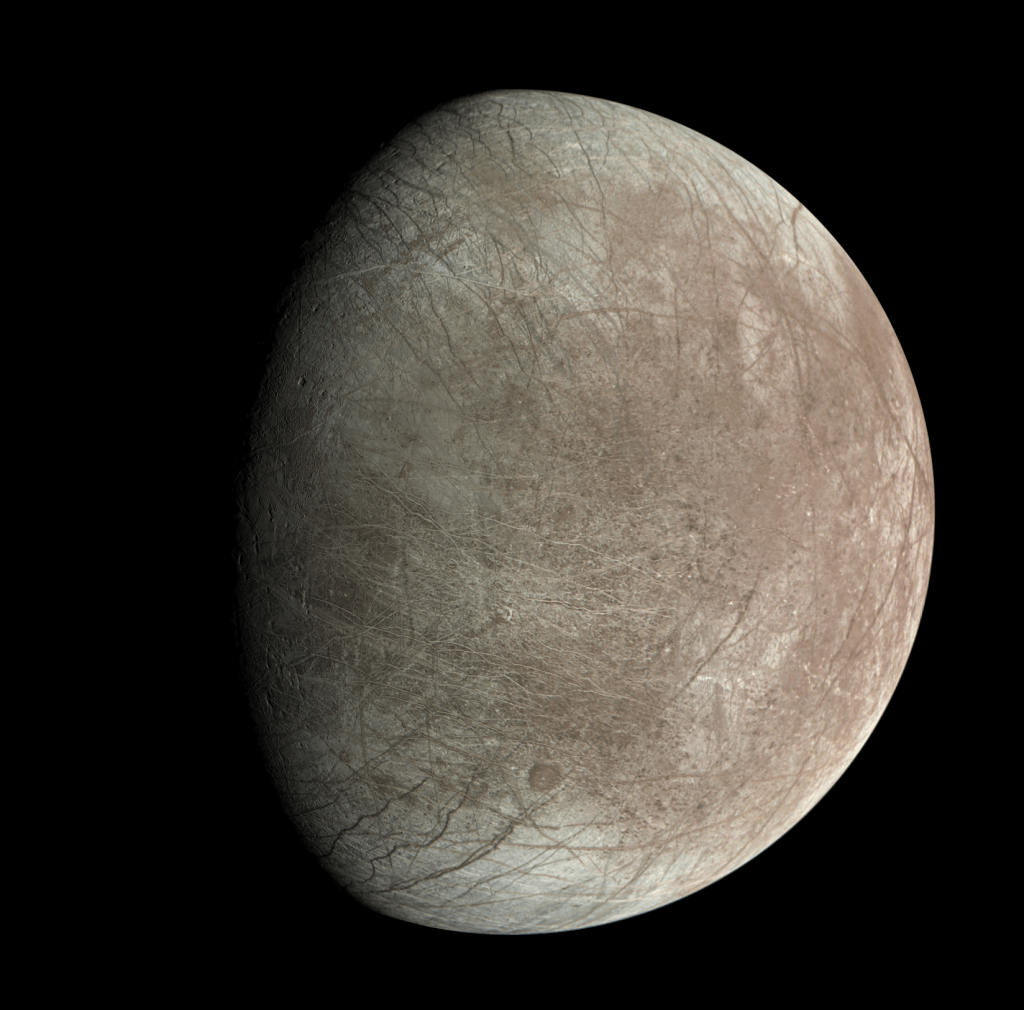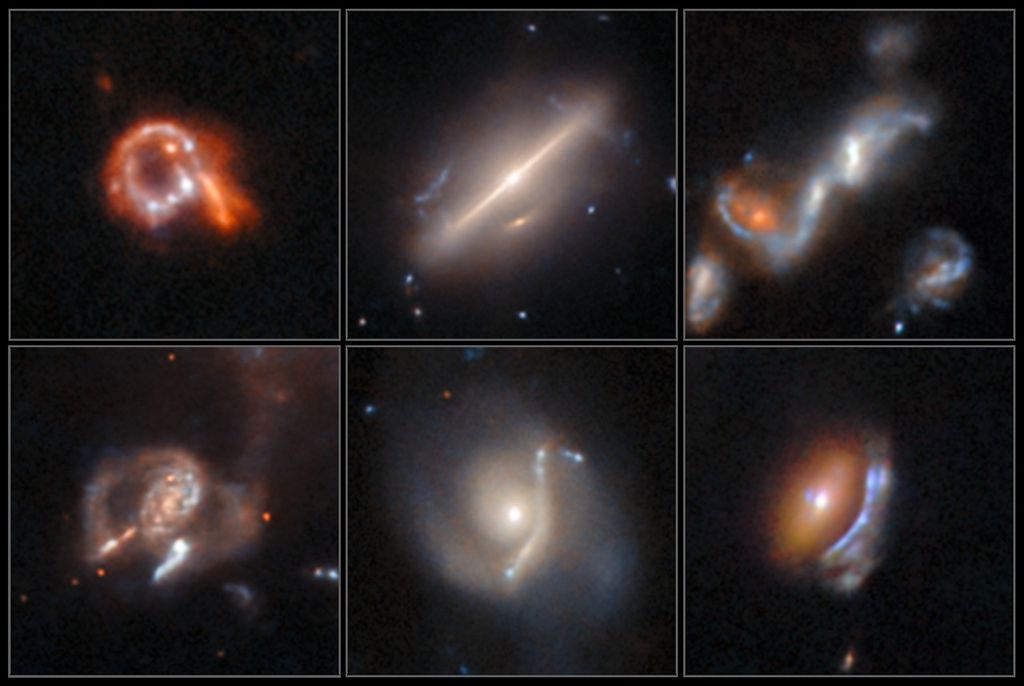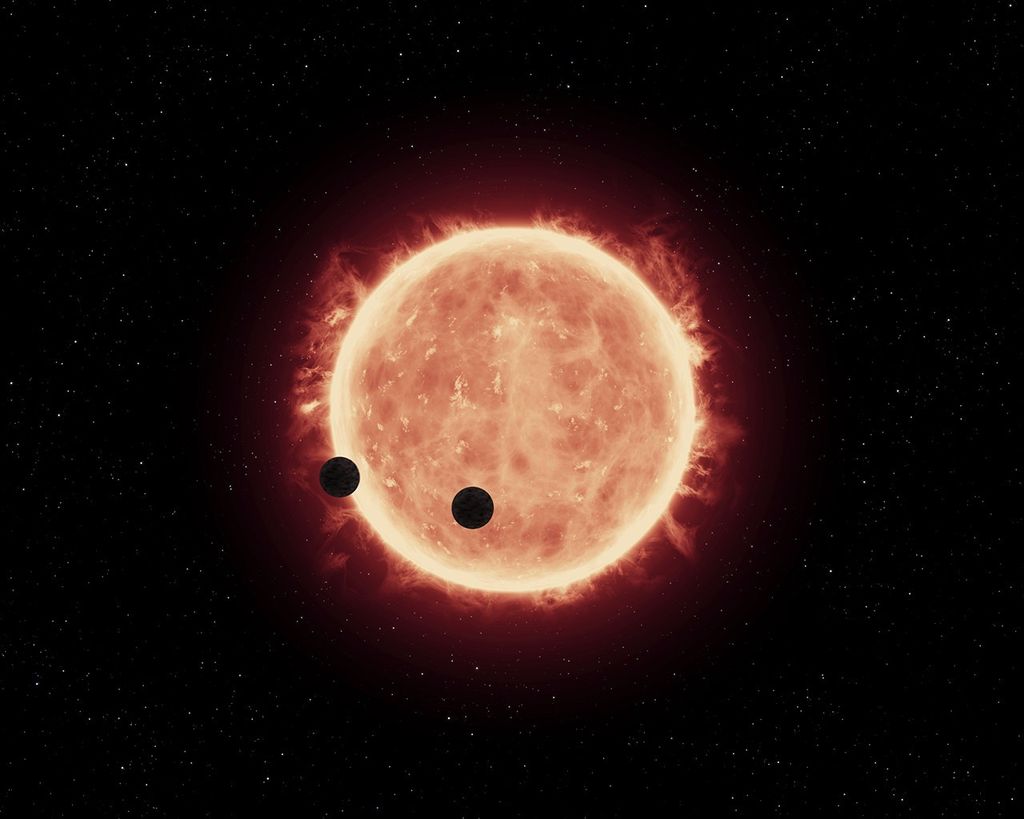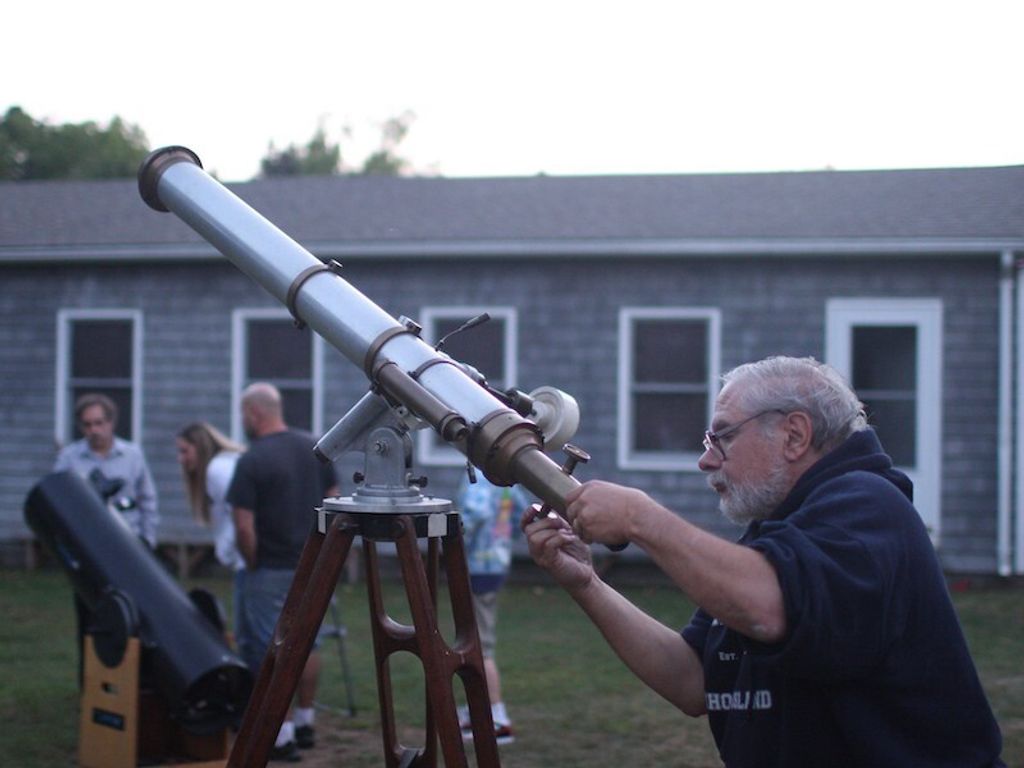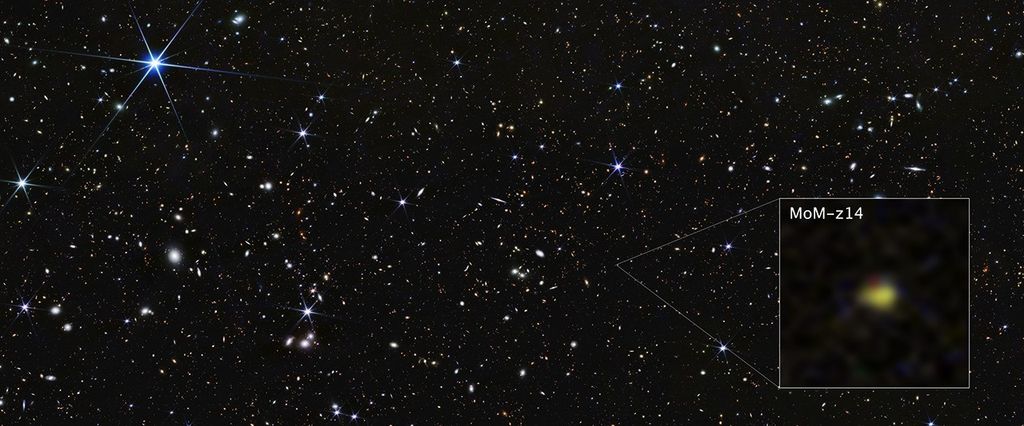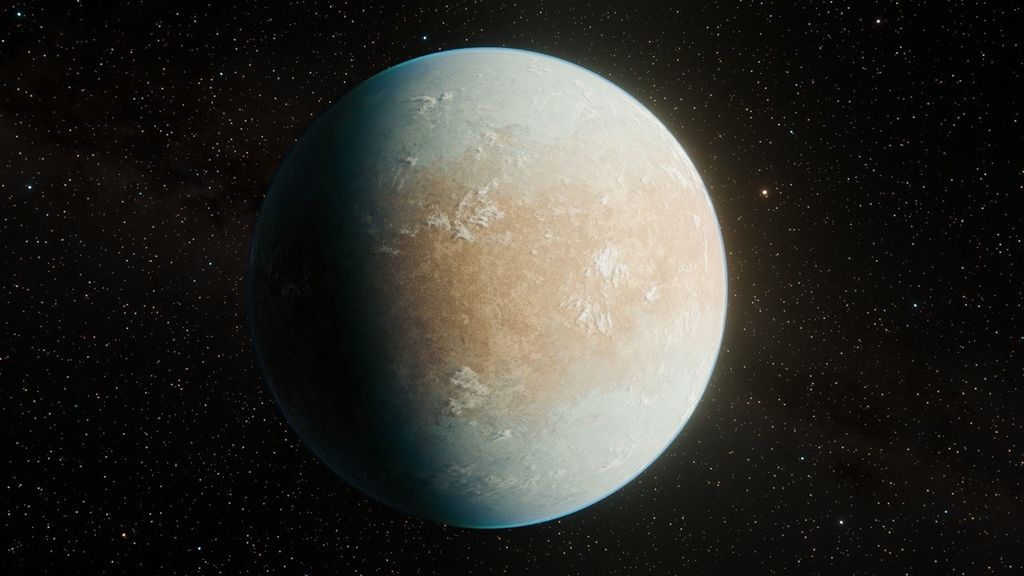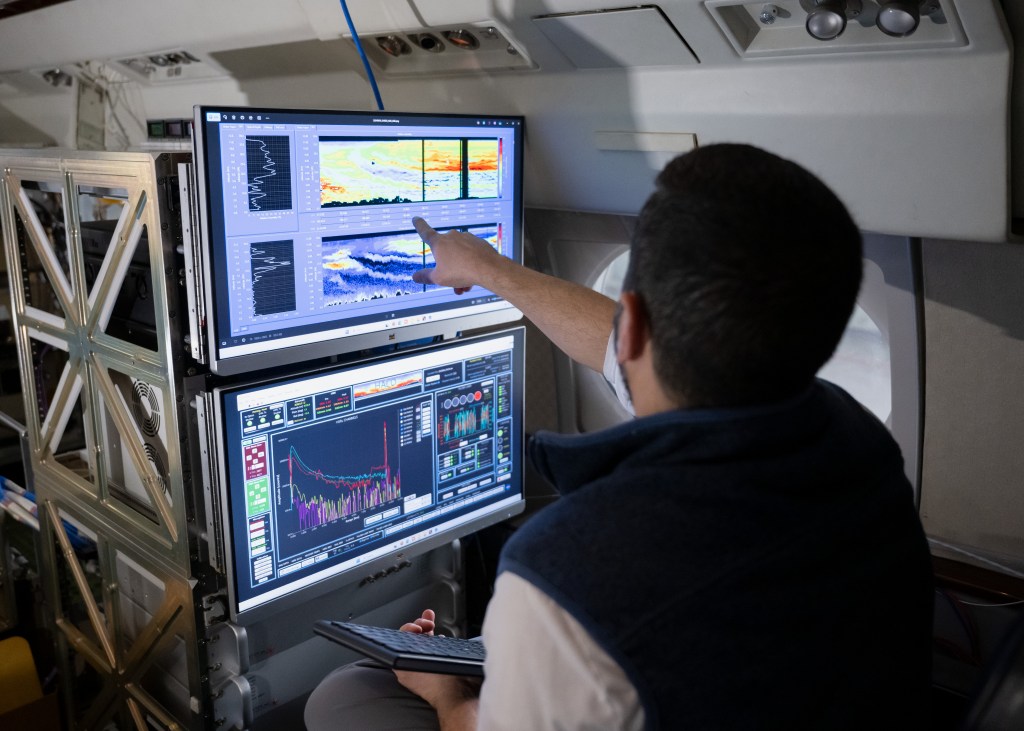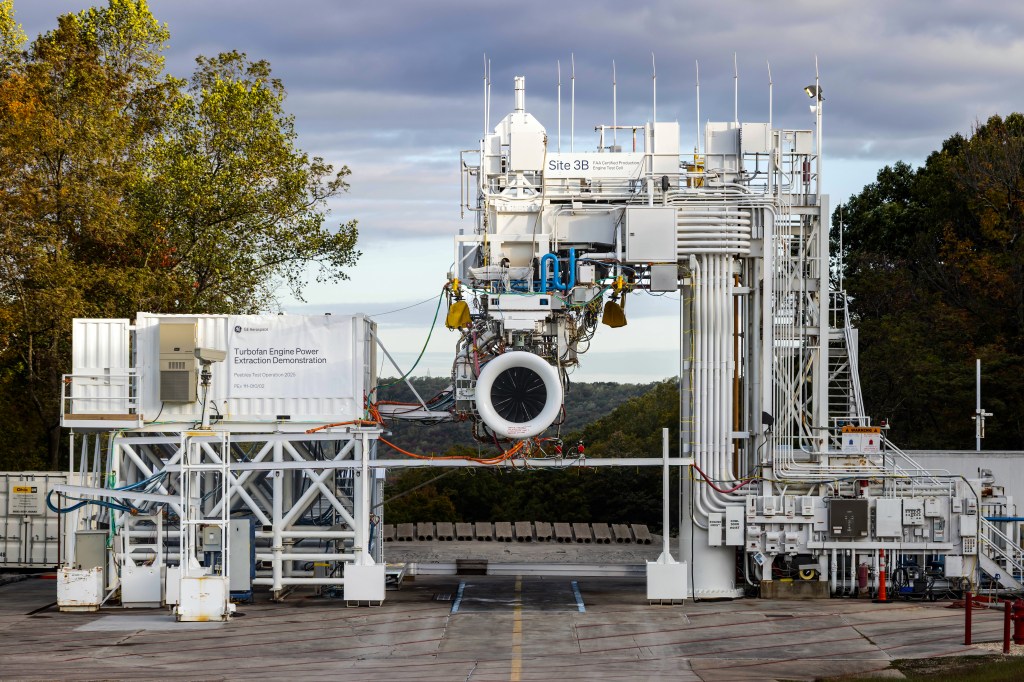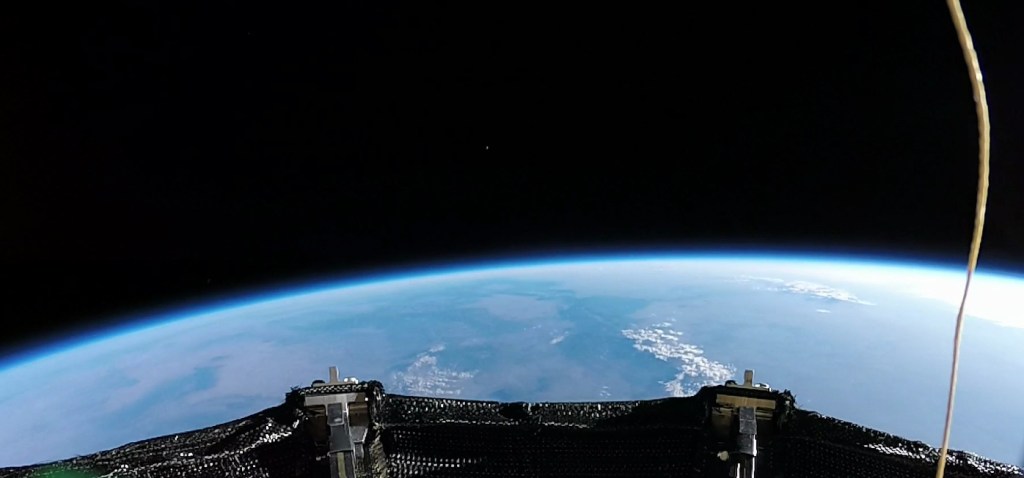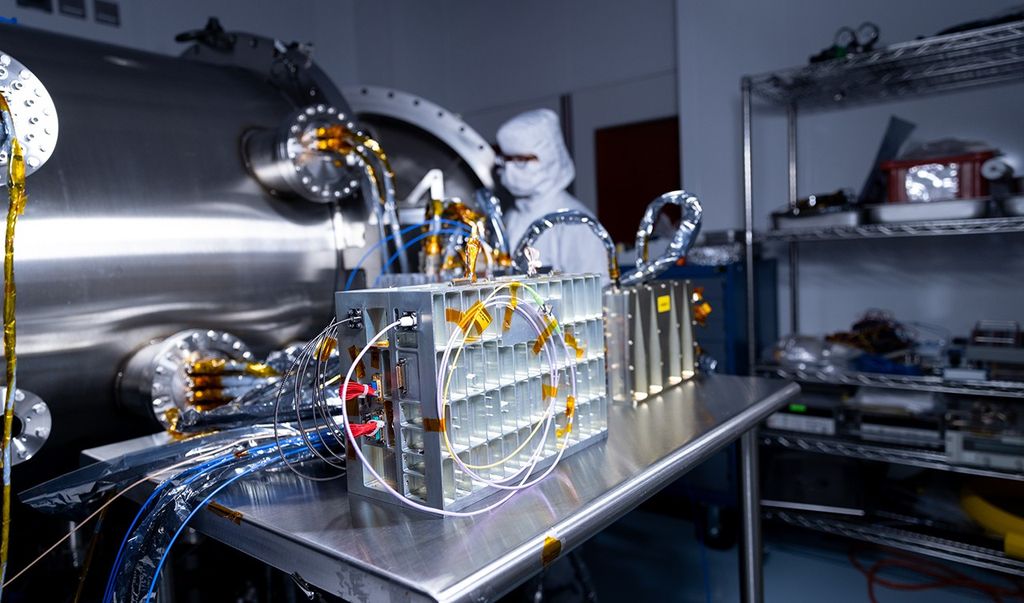Swift Stories
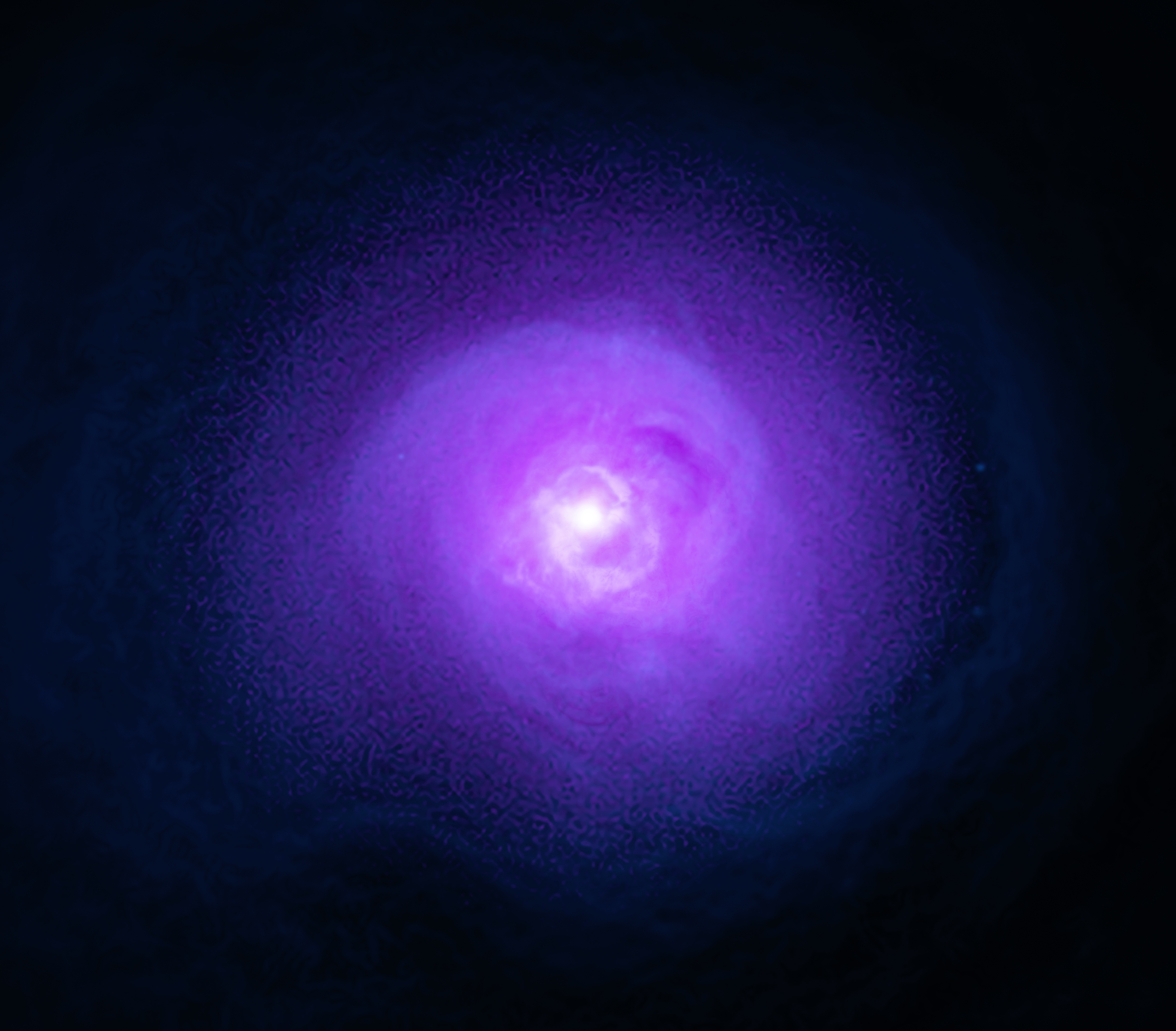
Written by Michael Allen An international team of astronomers using NASA’s IXPE (Imaging X-ray Polarimetry Explorer) has identified the origin of X-rays in a supermassive black hole’s jet, answering a question that has been unresolved since the earliest days of…
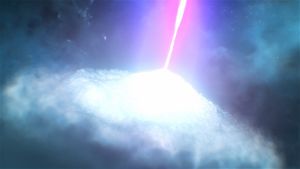
Editor’s note, Dec. 11, 2025: This story was updated to include an additional partner’s research and related release. Astronomers have been poring over a flood of data from NASA satellites and other facilities as they try to work out what…
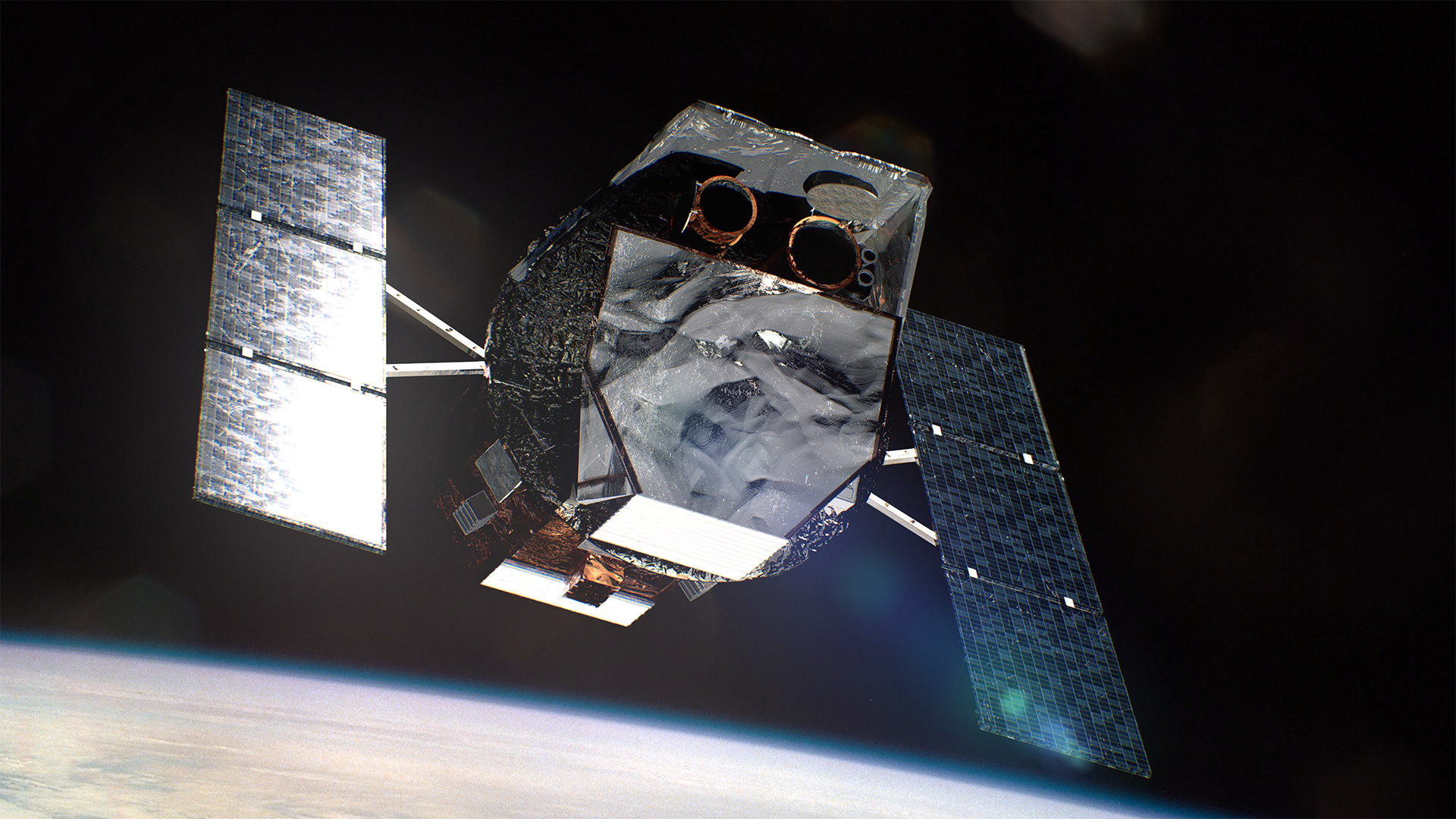
To drive the development of key space-based capabilities for the United States, NASA is exploring an opportunity to demonstrate technology to raise a spacecraft’s orbit to a higher altitude. Two American companies – Cambrian Works of Reston, Virginia, and Katalyst…
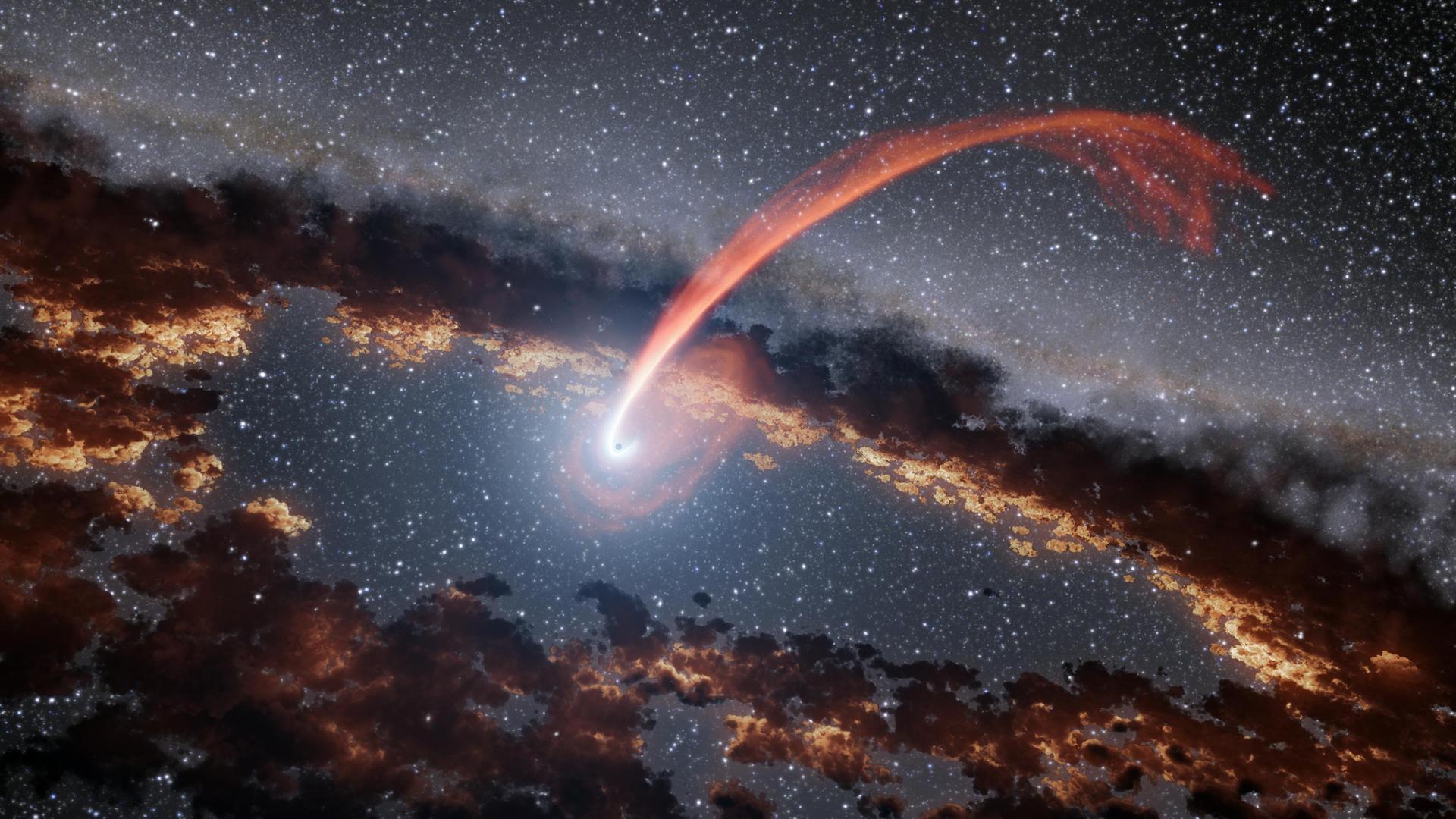
Black holes are invisible to us unless they interact with something else. Some continuously eat gas and dust, and appear to glow brightly over time as matter falls in. But other black holes secretly lie in wait for years until…
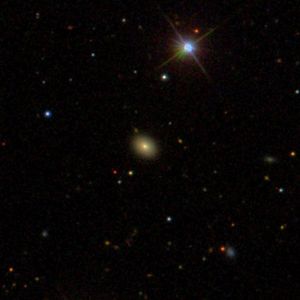
Lee esta nota de prensa en español aquí. For the first time, astronomers have probed the physical environment of repeating X-ray outbursts near monster black holes thanks to data from NASA’s NICER (Neutron star Interior Composition Explorer) and other missions.…

International teams of astronomers monitoring a supermassive black hole in the heart of a distant galaxy have detected features never seen before using data from NASA missions and other facilities. The features include the launch of a plasma jet moving…
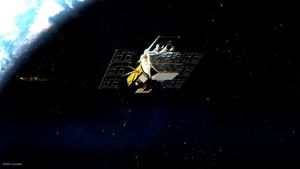
After two decades in space, NASA’s Neil Gehrels Swift Observatory is performing better than ever thanks to a new operational strategy implemented earlier this year. The spacecraft has made great scientific strides in the years since scientists dreamed up a…
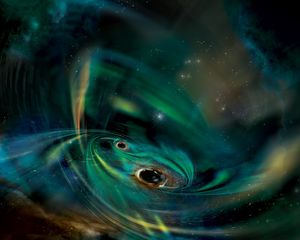
Scientists using observations from NASA’s Neil Gehrels Swift Observatory have discovered, for the first time, the signal from a pair of monster black holes disrupting a cloud of gas in the center of a galaxy. “It’s a very weird event,…
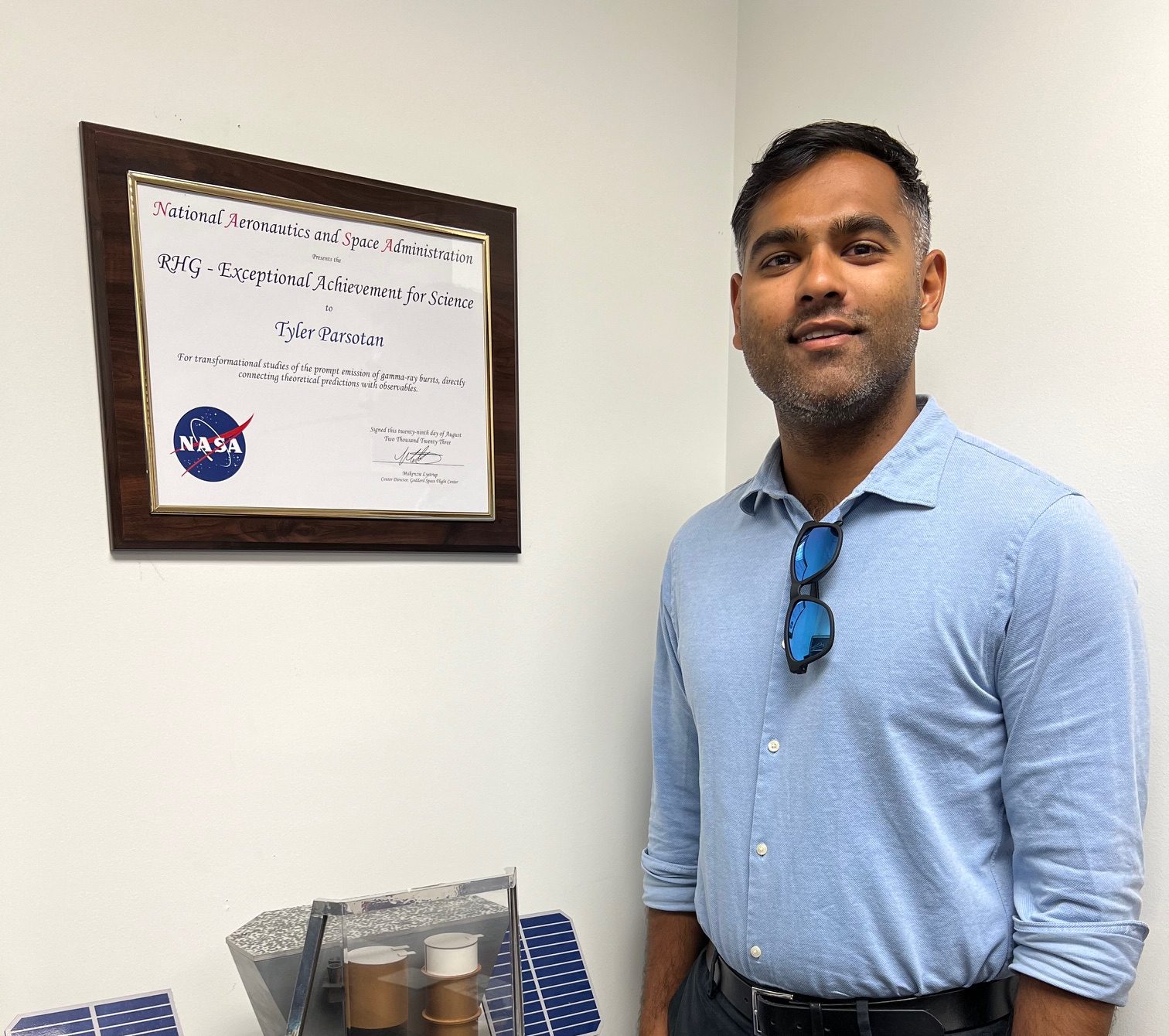
Through a nonlinear path to success, research astrophysicist Tyler Parsotan discovers transformational science using Swift’s observations. Name: Tyler ParsotanFormal Job Classification: Research astrophysicistOrganization: Astroparticle Physics Laboratory (Code 661), Astrophysics Science Division, Sciences and Exploration Directorate What do you do and what…
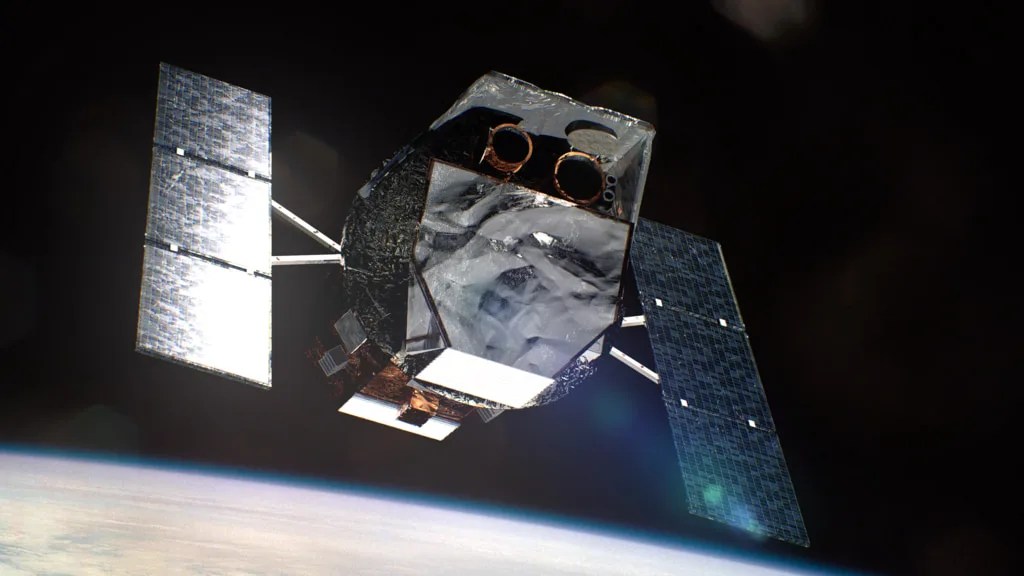
NASA’s Neil Gehrels Swift Observatory resumed science observations April 3 following a successful software update that enables the spacecraft to function using only two gyroscopes (gyros). Swift entered safe mode March 15 after experiencing degrading performance from one of its…

